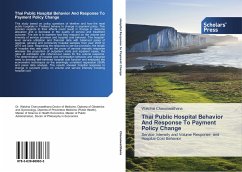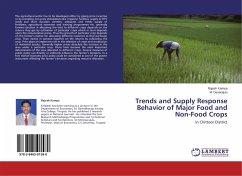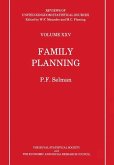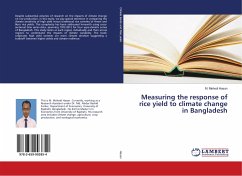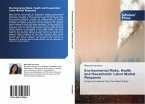This study based on policy questions of whether and how the most public hospitals in Thailand behave to change in payment policy. This concern regards to their effects could result in change in resource allocation and a decrease in the quality of service and treatment outcome. The aim is to examine how they respond on the volume and intensity of service provision and hospital cost behavior. The hospital-level service utilization and financial data with balanced panel of regional, general and community hospital samples from year 2005 to 2010 are used. Regarding the response to service provision, the length of hospital stay was used as the proxy of service intensity response whereas the proportion of outpatient visits and inpatient cases, the rates of admission and referred-out cases for the volume response. The determination of hospital cost minimization behavior and response need to develop well-behaved hospital cost function and employed the econometric techniques as the seemingly unrelated regression (SUR) and panel data analysis. The results showed hospital response to change in payment policy on volume and service intensity including hospital cost.
Bitte wählen Sie Ihr Anliegen aus.
Rechnungen
Retourenschein anfordern
Bestellstatus
Storno

